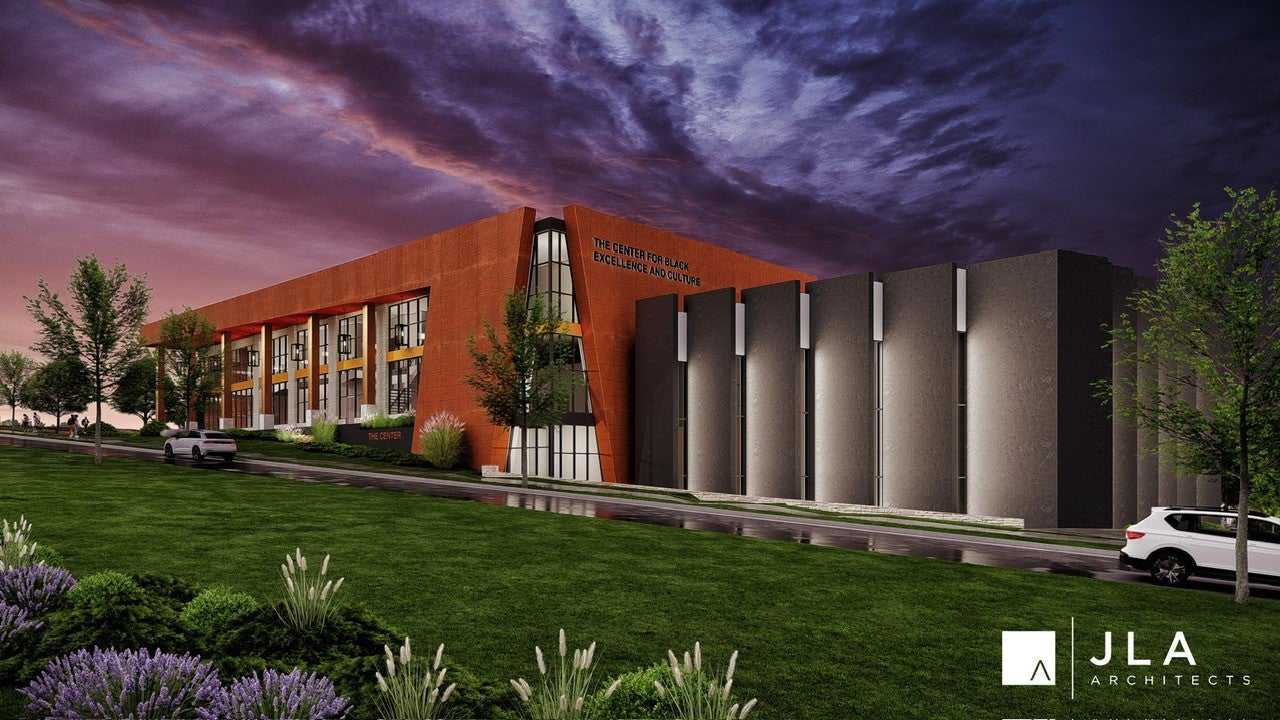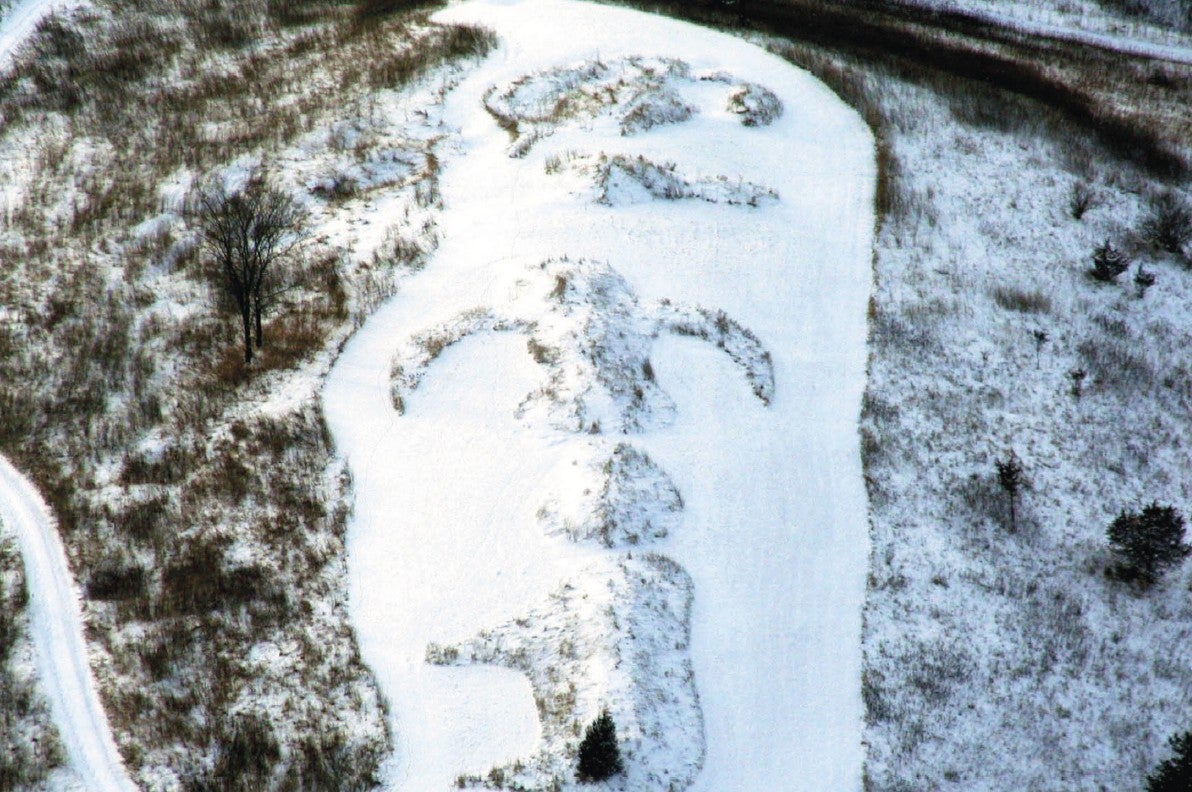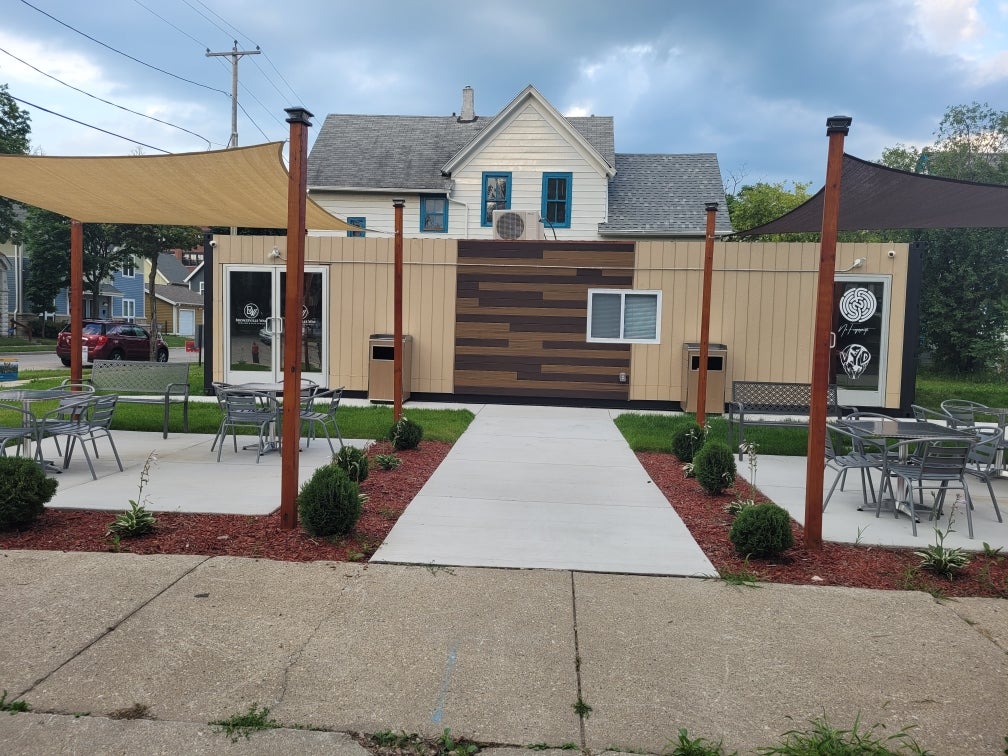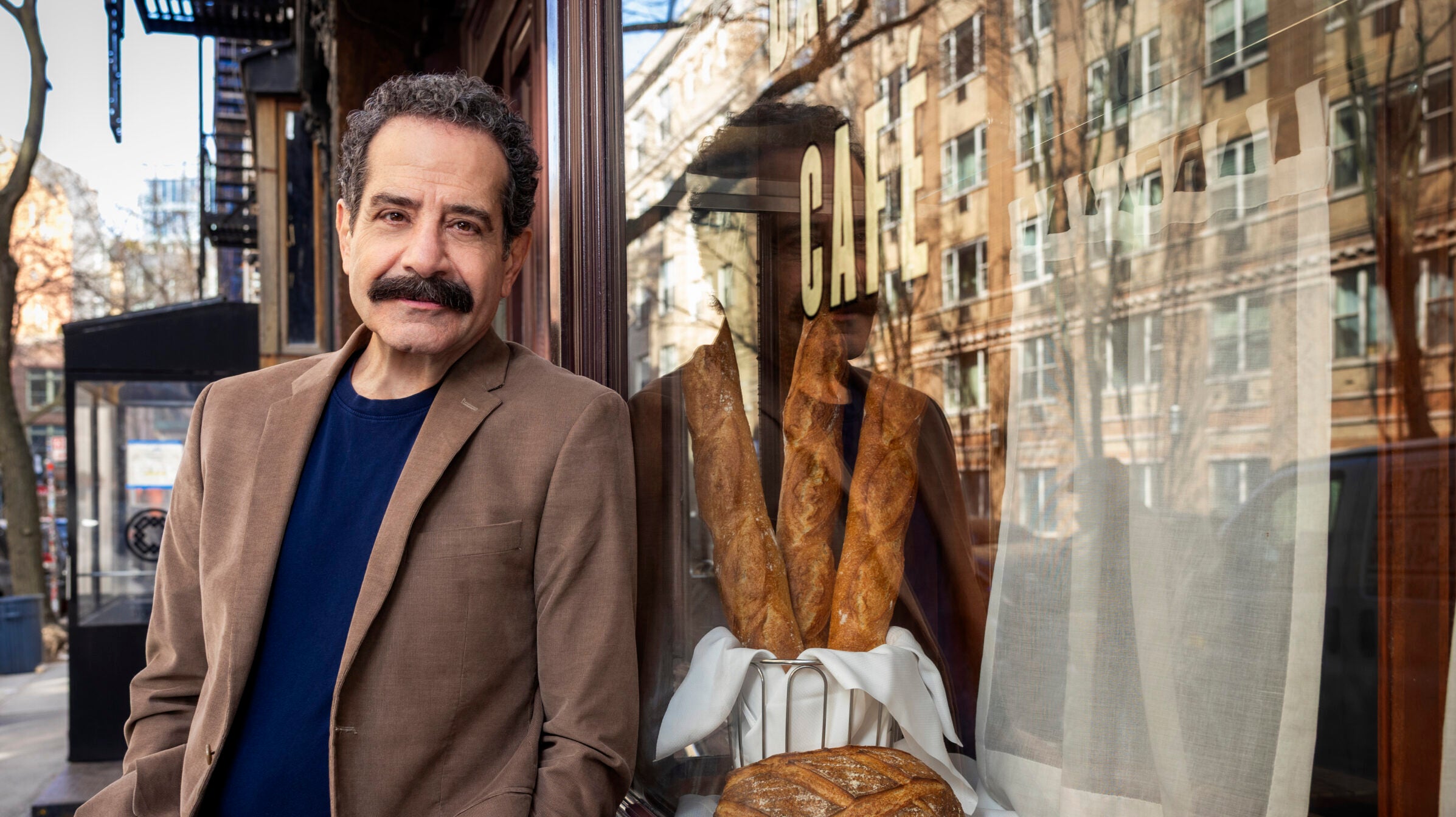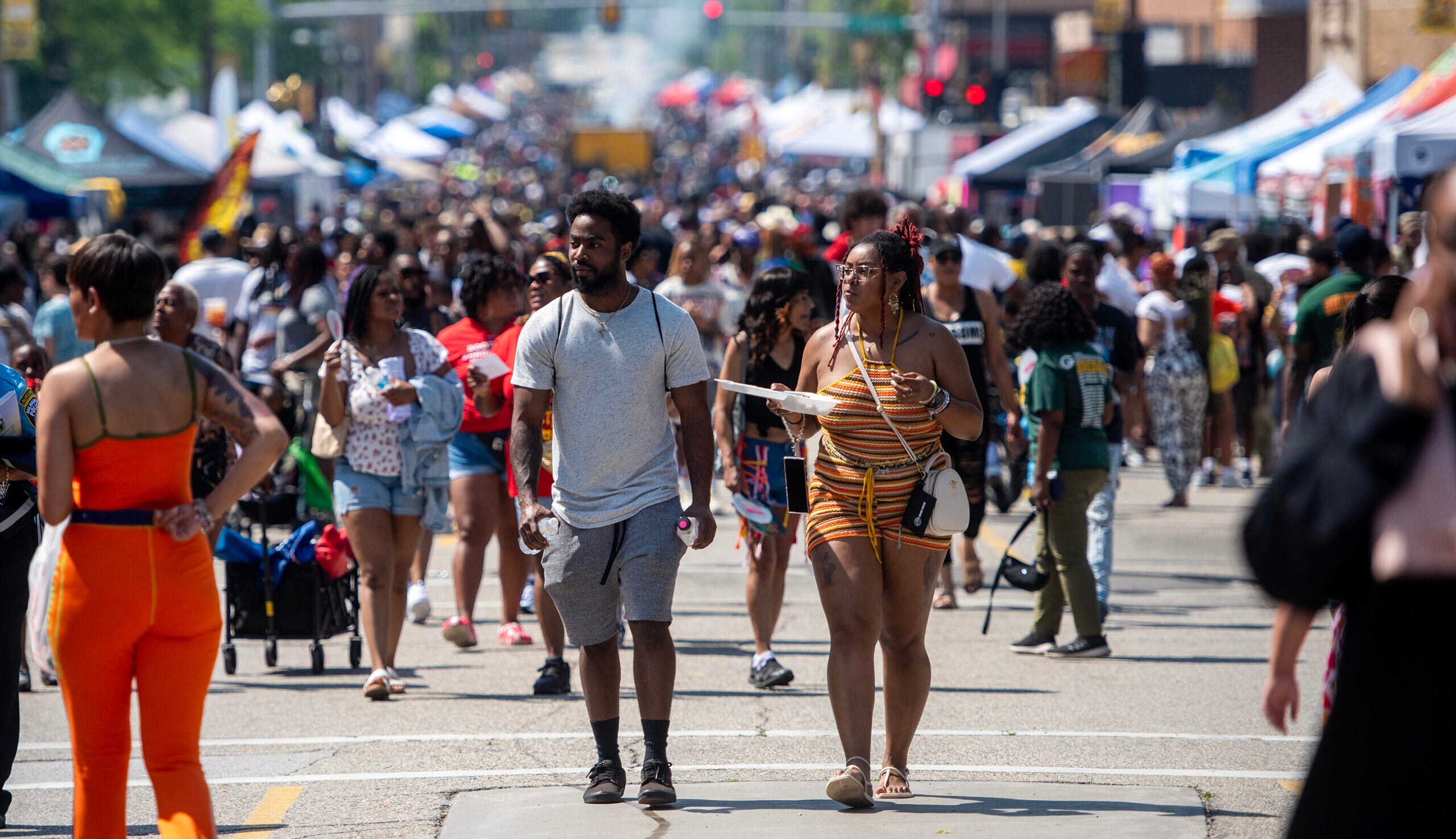Wisconsin has been sorely lacking a place for Black residents that reinforces their sense of cultural identity.
That’s the belief of Rev. Dr. Alex Gee, lead pastor of Fountain of Life Covenant Church in Madison and founder of the Nehemiah Center for Urban Leadership Development.
On Juneteenth, he’ll help break ground on his latest founding: The Center for Black Excellence and Culture, a 37,000 square-foot facility on the south side of Madison.
News with a little more humanity
WPR’s “Wisconsin Today” newsletter keeps you connected to the state you love without feeling overwhelmed. No paywall. No agenda. No corporate filter.
Gee envisions the center providing a gathering place for Black people of all ages from around the state to create and consume art, develop and launch businesses, and find a sense of belonging.
He gave WPR’s “Wisconsin Today” a preview of the center and its purpose.
The following was edited for brevity and clarity.
Rob Ferrett: What does it feel like to be at this critical point of breaking ground?
Alex Gee: It feels so wonderful to be able to create a civic entity that will be respected and visited from all around the state. To do something that’s not for our church, not just for Madison, but for the entire state of Wisconsin, by looking at the great contributions of its Black population, feels like I’m contributing on a huge level.
I’m standing on the shoulders of so many great men and women who have given their lives for the state and would love nothing more than for their descendants to feel that they are equally Wisconsinite means a lot to me.
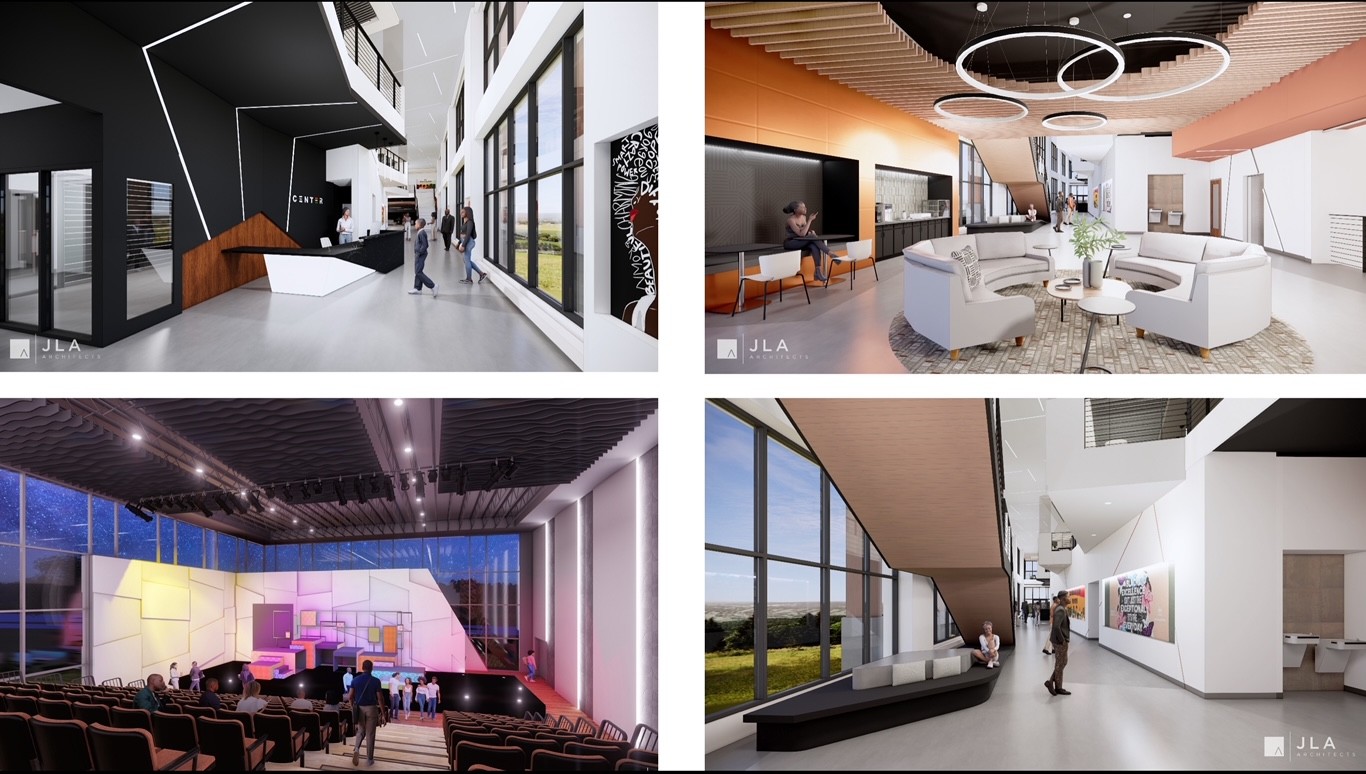
RF: Can you talk about the years-worth of conversations you had that helped develop this idea?
AG: People leave Madison because it’s difficult to feel that sense of belonging. That cultural reinforcement helps you to feel seen and respected, and it means that you’re not an anomaly and you’re not an oddity. Having a cultural space that reinforces our identity and our sense of belonging here in Madison is one of the things that I think will keep people here longer.
That’s what came out of the conversations: “If I had a place to take my children, if I can meet other people, if I could make sure my children understood the richness of our culture and not just the slave trade, that would help me to thrive here.”
The No. 1 need wasn’t more social services. It was a sense of cultural reinforcement.
RF: You and I have talked in the past about Wisconsin in general, Madison in particular, as being not great places for Black people by a lot of measures: health outcomes, educational outcomes, housing access. The list goes on. Do you see this center as something that’s going to help deal with a lot of those big issues we’ve been talking about for so many years?
AG: I think it’ll help with part of it. It certainly won’t change infant mortality rate or mass incarceration rate. But what it will do is it will slow the Black brain drain that we’re experiencing in Wisconsin. I think that people who could help to speak to the issues and create new solutions who otherwise would stay here in the state of Wisconsin move on to other places because it is so difficult to be here.
It is not as if Wisconsin is just so hostile, like crosses being burned on your lawn. But in this day and time in 2024, my colleagues are still the first and the only on their boards, in their neighborhoods, on their jobs, in their entertainment spaces. And now, when you want to go out and socialize, you’re still the first and only. So we have to stop that bleed from somewhere.
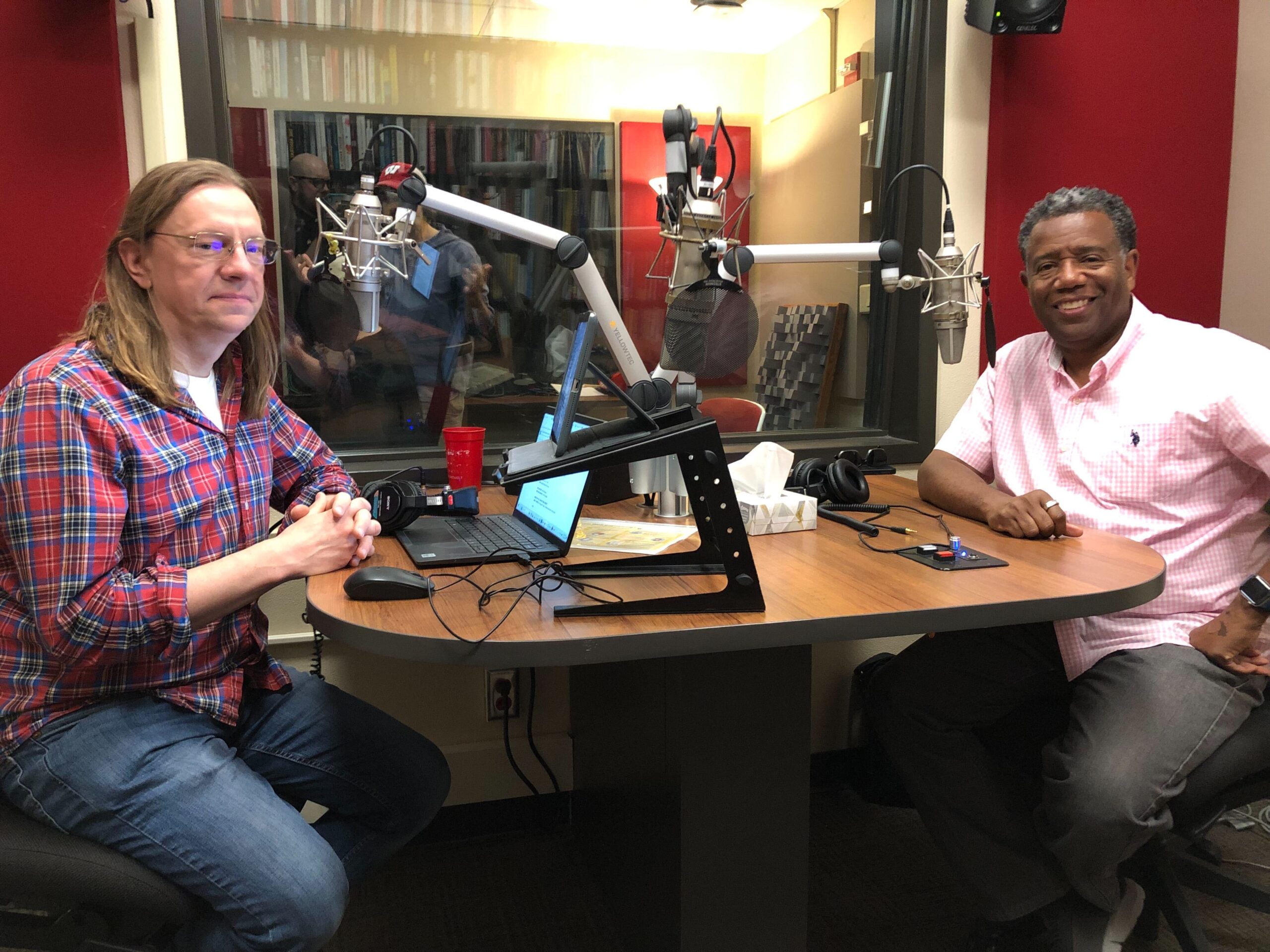
RF: You worked with Lord Cultural Resources. They helped develop the Smithsonian National Museum of African American History and Culture. Can you talk about their part in this project?
AG: They said that because our focus is Black-led, Black-designed and Black-inspired, because our first 300 donors and designees were Black, because we focus on the development of intellectual property, business development, leadership development, artistic expression and cultural gatherings — it makes it a unique project.
There’s nothing else in this country that’s currently being built that focuses on those various areas. It was great to have them affirm our work but also to contextualize it in what’s happening in and around the country. They have been a great partner in understanding what we’re trying to do and putting a plan that will help it work.
Wisconsin Public Radio, © Copyright 2025, Board of Regents of the University of Wisconsin System and Wisconsin Educational Communications Board.

